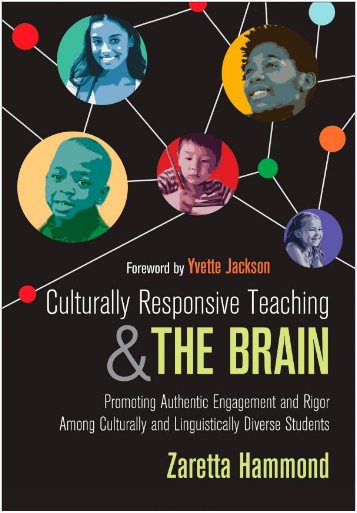When the last minute education legislation passed this summer, it included a provision eliminating the requirement that teachers earn a second tier of certification after our Residency Certificate.
This move was celebrated across the state with teachers unenrolling themselves from ProTeach programs and National Board Cohorts. Now, instead of pursuing one of those two second-tier certification options, a teacher needs only to earn 100 clock hours before the expiration of their certificate in order to remain legal.
From one perspective, it is a win. Earning the second tier certificate required time, money, and no small amount of stress…on top of the work a teacher already had to do. Teachers now might have more time for their families or those second (or third) jobs so many of us hold down. Not having to do ProTeach or National Boards definitely lightens the load for many.
On the other hand, though, it is one more move to de-professionalize our profession. Already, I’ve ranted a little about lowering the bar for teachers. Now that incentives such as the state’s salary schedule rewarding the attainment of higher degrees will be phased out*, there is less and less to extrinsically motivate continued focus on continually improving our practice. Of course, extrinsic motivators are not the “right” motivators (remember, we teachers are supposed to give hours for less pay than similarly-educated professionals in other fields out of the goodness of our hearts, we knew what we signed up for, the internet trolls quickly point out). But, unless compelled to by rule or motivated to by a tangible benefit, most of us choose to focus on the work already heaped on our plates rather than consider ways to examine our practice in the way ProTeach is intended to and National Boards does.


 I should be reading
I should be reading 


